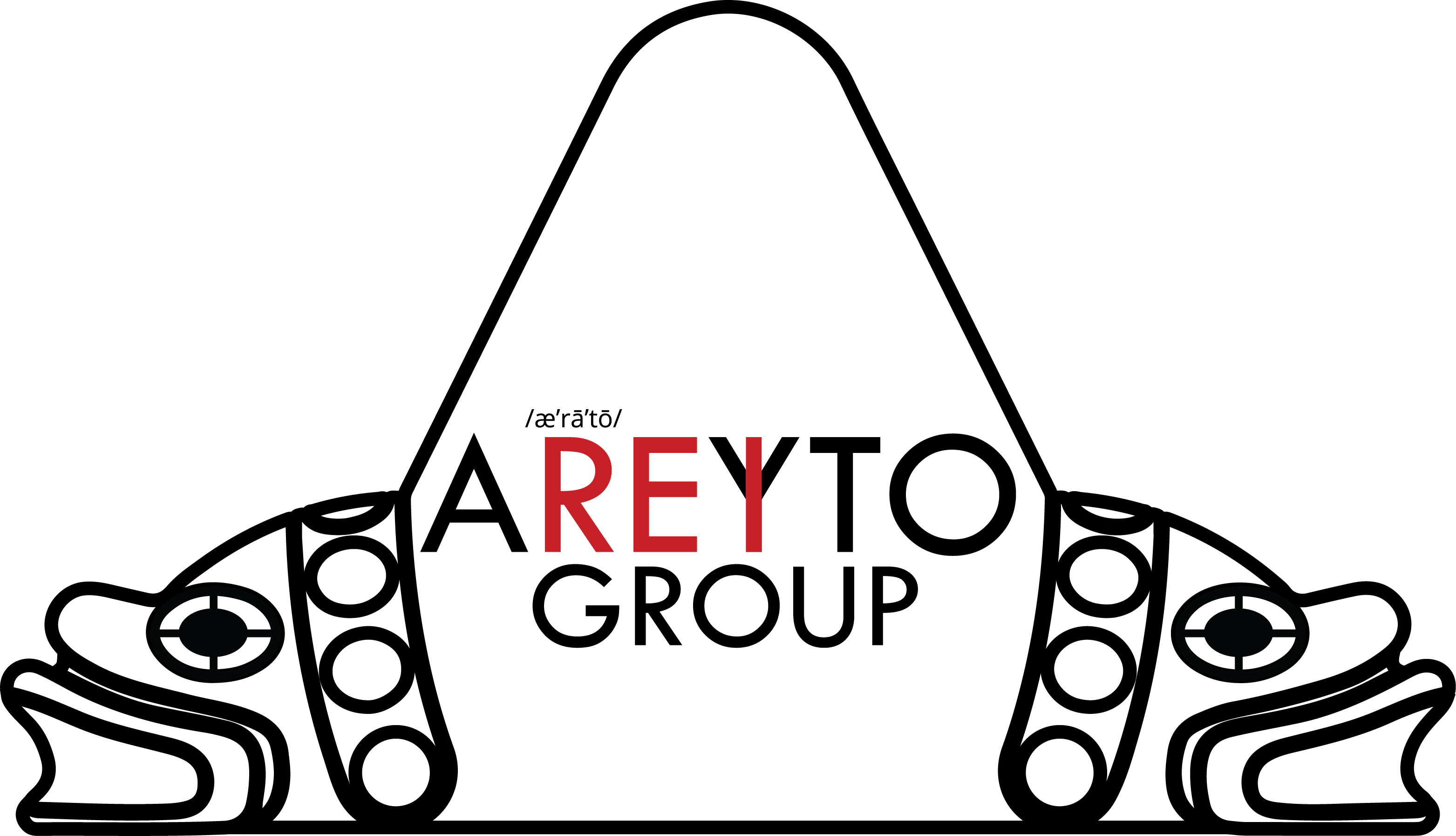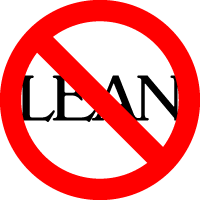At first, it was: “Lean does not work in the West”. Granted, I was not part of that wave, but it happened. Then, we proved them wrong.
After Detroit and Fremont showed the World that Lean could and, in fact, did work in the Western Hemisphere, it started spreading. But then, it was: “Oh yeah, it works in the automotive industry, but that doesn’t work in the aerospace industry”. Then, we proved them wrong.
Even still, when I made the move from OEM (Original Equipment Manufacturer) in aerospace to Aftermarket, it was: “Well, that’s great in the OEM environment, but that will never work in Repair and Overhaul”… then, want to guess? We proved them wrong!
Now, I made the move to Healthcare and guess what I am hearing? Here is a list:
- “Well, you come from the automotive industry (I don’t, by the way). It is understandable you think that way, but, we can’t do that here.”
- “Cars don’t bleed out on the table or crash or ‘code’”.
- “An aircraft engine is a simple product.” I actually could not hold back the chuckle on this one. I had to restrain myself not to start ROFLMAO.
So, guess what? We set out to prove them wrong yet again.
People resist change. Some more than others, we all resist, even fear, change. I do it, you do it and to a certain extent everybody does it.
Why is it that people still have trouble believing implementing Lean will work in their industries, in their organizations? Even after success story after success story, why are people not easily embracing Lean in new industries?
If you stick with me for the next few minutes, I will take a shot at answering these and other questions.
In the 1970’s and 1980’s and even before then, the idea of running a company was less associated with Leadership than it was with Management. Therefore, people managed their teams and subordinates, as opposed to leading them. One of the tenets of Lean is respect for people and this was wildly lacking in Western industry for the larger portion of the last century. That created a “check your brain at the door” culture. Even the biggest and more reputable business school were teaching management rather than building leaders.
When trying to implement Lean in this culture, it is very hard to let go of those tendencies, which means Lean is implemented as any other management initiative: from the top, down. Lean is inflicted upon people, rather than empowering the employees (the 4th Lean Principle). It happened first in the automotive industry, then in aerospace and now in healthcare. The worst is when Lean is implemented as a cost-cutting measure. This is damaging not only to the organization, but to the Lean philosophy and culture. It is not until managers become leaders and leaders are learners that true Lean implementation is achieved.
What should we do then? How do we convert non-believers into believers?
We let the Lean culture permeate through the organization; a culture where people are respected and empowered. A culture centered on communication and transparency; a culture of Leaders and not managers. For most organizations, their workforce, their people, is their strongest asset. This is even truer in healthcare than in other industries. Automotive and aerospace companies may have other competitive advantages such as patents or proprietary technology to set them apart from their competitors. Healthcare does not have much of this. The greatest asset healthcare organizations possess today is their people, and their collective knowledge.
If you want your organization to excel and achieve world-class status, build leaders that will respect and empower people. Develop leaders that value communication and transparency and we will have yet another case of proving them wrong!
Please, share what approach your organization has implemented (or tried and failed) to convert non-believers.

